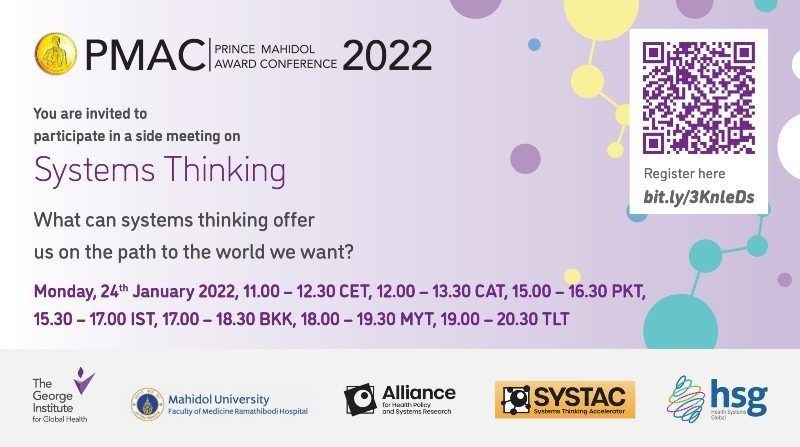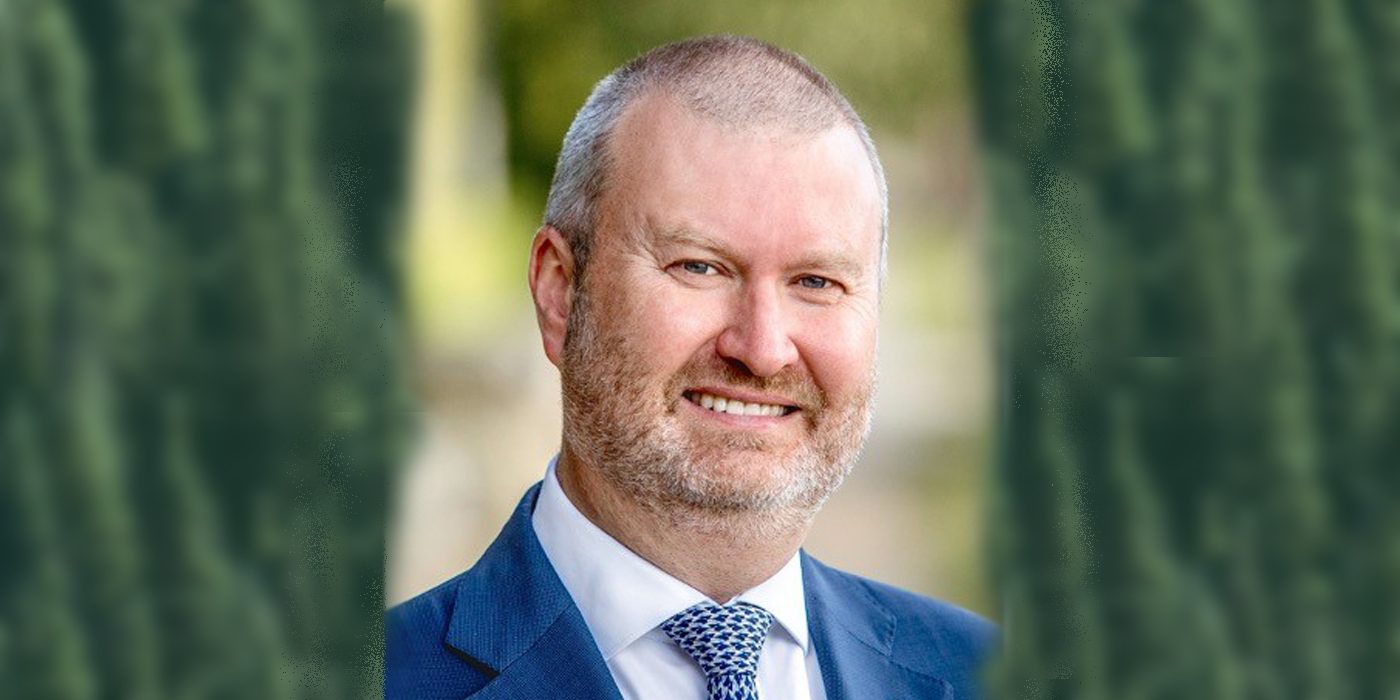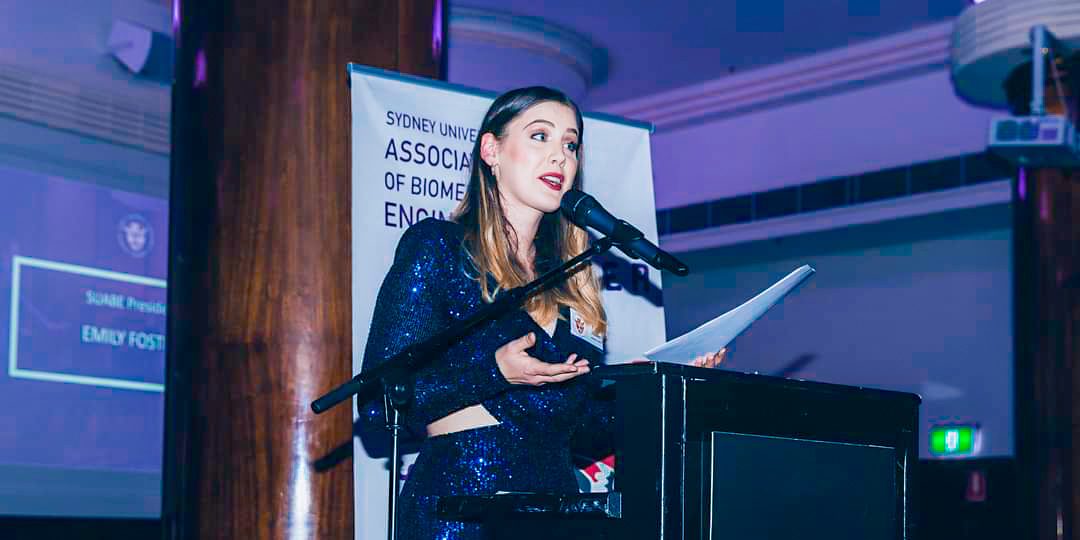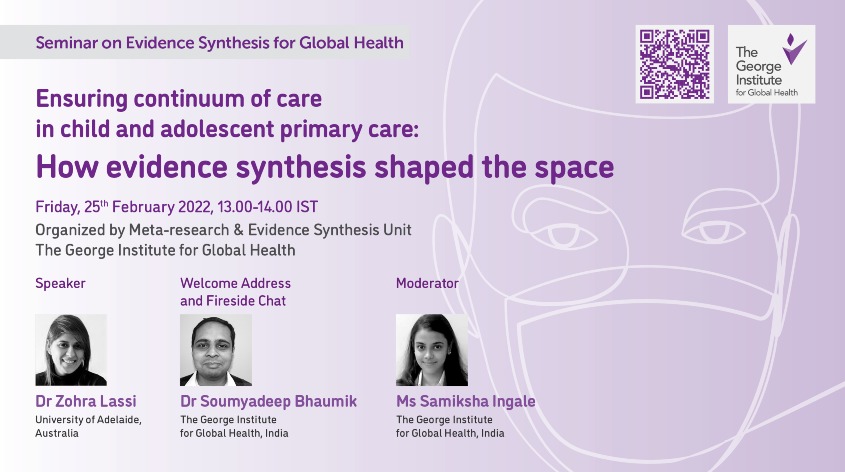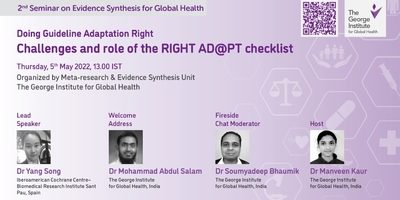Emily Foster has just started her internship journey with Genovate – The George Institute’s innovation and entrepreneurship program. Genovate facilitates the translation of research from ideation and product development to market success. It delivers a range of programs to guide researchers inside and outside The George Institute to commercialise their work and equip them with entrepreneurial skills for lasting impact.
Emily is currently studying Biomedical Engineering and Medical Science at the University of Sydney. She spent three years volunteering at Taronga Zoo but that’s not the only exciting part of her early career resume. She was President of the University’s Association of Biomedical Engineers (SUABE) – the largest student body of biomedical engineers in the country. Its main purpose? To bridge the gap between students, faculty and industry.
“An annual industry cocktail night, an online hackathon with Australian medical group ‘360 Med Care’, curated seminars, women in engineering empowerment workshops and blood donation drives – these were some of the great events we held to provide students with industry exposure and market knowledge. We catered to the social and professional development needs of students,” she says.
Emily knew early on that she wanted to work in the field of health innovation. The opportunity to make a difference on a large scale appealed to her from a young age.
“I have always been passionate about social justice and science. This led to health innovation being a clear area of interest right from my high school days. What really excites me in this field is the extent of positive impact that can be made - from greatly improving individuals’ quality of life in the present, to improving the lives of generations to come.”
So how does Genovate fit into her professional development plans?
“I first heard about Genovate through LinkedIn. The description was exactly what I was looking for to develop my skills. The process of ideation to commercialisation in the MedTech and biomedical engineering fields is quite unique to other commercialisation processes – it involves stringent regulatory approvals, ensuring safety and efficacy of clinical trials, not to mention managing the high costs for all of these! I knew straight away that Genovate would be the one-stop shop where I could learn all of this,” Emily says.
Genovate’s internship program was launched in 2020 and since then it has provided a launchpad to six individuals from diverse educational backgrounds. Cydonie Greenway, with degrees in History and Global Health Nutrition, joined the internship a year ago. She is now a project manager, driving many of Genovate’s initiatives.
The program, designed for students, early career researchers and entrepreneurs, gives the candidate an opportunity to work on a project spanning the wide ambit of the Institute’s portfolio. This can range from the Women’s Health Program to Injury Prevention. Collaborating with a cross-functional team provides the interns an opportunity to develop diverse skills sets.
Emily is currently working on a project in partnership with the Institute’s Centre for Operational and Research Excellence, better known as CORE. CORE focuses on maximising the efficiency and quality of the Institute’s research by providing high-level expertise. Emily believes the program provides a great vantage point from which to understand the innovation landscape, not just in Australia but globally. The opportunity to work first-hand with industry is a big advantage.
Outlining her current priorities, she says, “I am working on a project around industry engagement between Genovate and CORE, which is really important to ensure translation of research outcomes through commercialisation. I am producing new marketing material highlighting collaboration opportunities with The George Institute, expanding our database of relevant industry stakeholders and also developing a strategic plan to engage them.”
Genovate is offering a new internship opportunity to a postgraduate/undergraduate student under the Institute’s recently established Global Brain Health Initiative. The progressive ageing of the world’s populations is associated with a steady increase in age-related diseases including dementia, Alzheimer’s disease and other neurodegenerative disorders. This new Initiative will focus on innovative solutions to address these challenges, maintain healthy brain function throughout life and help improve the health millions of people around the world. For those keen to apply, more information is available here.
At a time when college graduates are finding it increasingly challenging to find suitable jobs, the Genovate internship provides an excellent bridge from education to employability, especially for those who want a purposeful career in health innovation. The program has its finger on the pulse of the sector and thrives on disruptive innovation focusing on creating affordability, efficiency and accessibility to health care. At its core, the program aims to use innovation to improve the lives of vulnerable populations in Australia and globally.
The internship program allows a flexible working arrangement for those who may be doing more than one thing at a time.
As Emily explains, “I am also currently working at the University of Sydney as a casual academic, preparing for the opening of the new Biomedical Engineering building scheduled for early 2022. I am working on the installation and testing of the new state-of-the-art laboratory equipment.”
She recommends the Genovate internship to others who are passionate about innovation in health and lists her reasons for giving it the thumbs-up.
“The George Institute is an active, welcoming, and knowledge-rich environment. There is extensive collaboration both internally and externally working with Genovate - this allows for rapid growth and development with the sharing of knowledge. It is a very nurturing and supportive community, which embodies its core workplace values.”
Genovate manages partnerships with those who share a vision of using entrepreneurship to meet unmet health needs in emerging markets. We collaborate with innovators, healthcare providers, start-ups, businesses and investors to create and commercialise new solutions. With an eye on expanding the program in 2022, Genovate is open to finding and teaming up with new partners who are passionate about supporting young minds.
Find out more about the Genovate program



